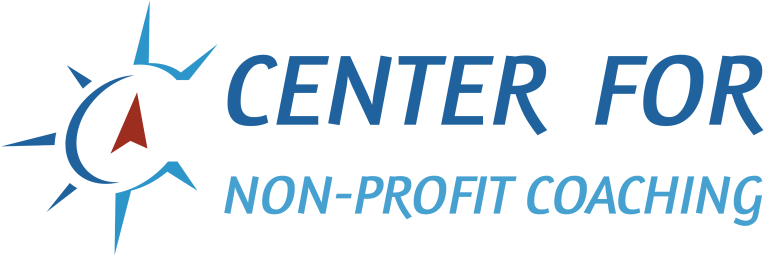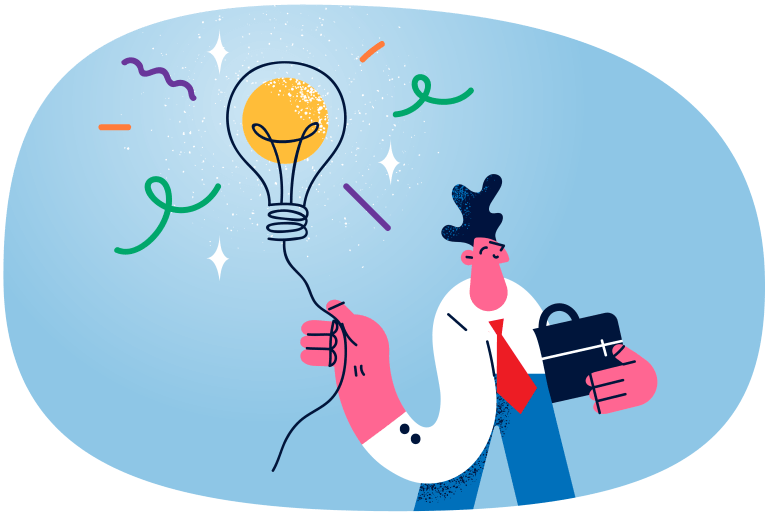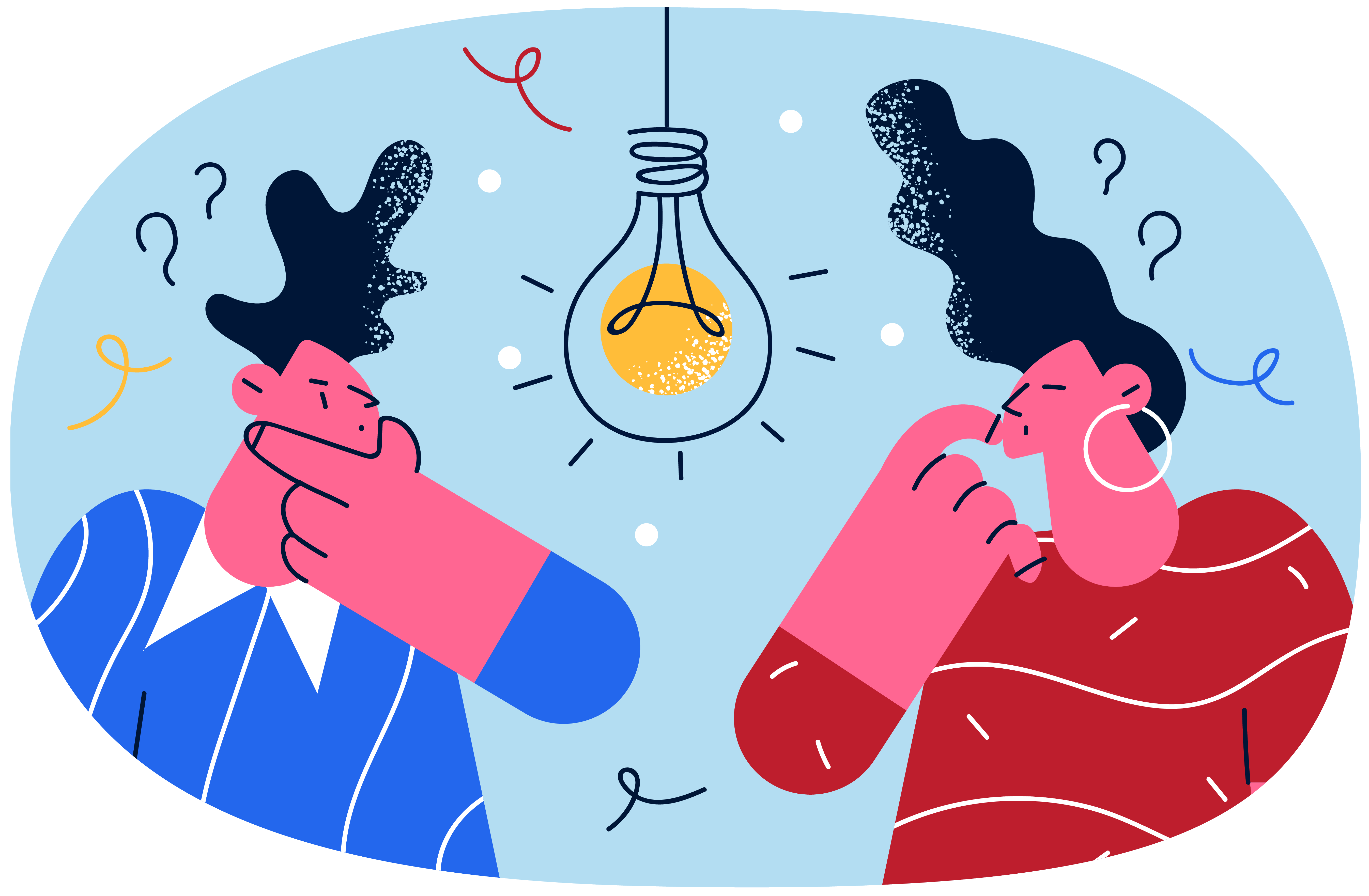Welcome!
Center for Non-Profit Coaching is Your Reliable Thought Partner in Navigating the Complexities of Non-Profit Leadership
What we do
The Center for Non-Profit Coaching (CNPC) seeks to provide service to leaders and employees of non-profit organizations. We work with individuals in the helping professions. CNPC has as its focus to forge partnerships with organizations whose members lead and work with passion at the root-cause level of change.
What we offer
Filling a Coaching gap
Coaching services for the non-profit professional remain scarce. When and if a non-profit organization receives an increase in donations or other external funding, such resources usually go directly to programs for their often under-served clients. While appreciating the benefits of staff development and employee self-care, non-profits often do not have the budget to pay for executive coaching services for its organizational leaders.
CNPC coaches are all credentialed coaches who volunteer their time to serve our clients. This enables CNPC to provide executive coaching and executive team coaching services at a rate that is 85% or more below market rate for organizations that qualify for our services. CNPC does not compete against for-profit coaching organizations through bidding processes and our operational budget is covered through donations, grants, and coaching fees.
See Our Program page for detailed information about CNPC’s coaching program. Eligible organizations include those with a 501(c)(3) tax status such as social services, environmental, animal welfare and other charitable foundations, as well as other types of non-profits such as federal, state, local government agencies, education and healthcare institutions. We give preference to organizations that seek to go beyond situational solutions and work at the energetic level of change in order to make improvements in the world. CNPC serves professionals such as health care workers, teachers, civil servants, social workers and volunteers.


